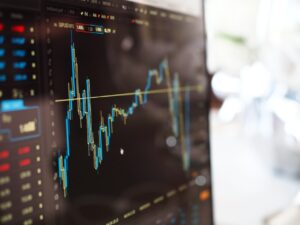Financial language

Written by R. A. Stewart
It is important to familiarize yourself with financial jargon and their meanings. Do your research on the internet for further information on what these terms mean. This increases your financial literacy.
ASSET RICH-CASH POOR
This refers to people whose wealth are tied up with their property but have little cash in the bank.
BAD DEBT
Usually described as consumer debt or dumb debt, bad debt is when one purchases consumer goods on credit. It is bad debt because the item which has been purchased loses it’s value over time.
CAPITAL GAINS.
This is the increase in value of your asset. It is important to keep in mind that if there is a chancre for a capital gain there is also a chance for a capital loss.
CASH ASSET
A cash asset is money in the bank, stocks and shares, and any investment invested with a financial institution.
EQUITY
When someone refers to the equity in their property, they mean how much equity is left after deducting the money owing on the property from it’s value.
DEPRECIATION
Depreciation is the reduced value of any item purchased. A vehicle is a perfect example of something which reduces it’s value over time.
FINANCIAL PLAN
A plan for your money. To address money issues.
GOOD DEBT
Borrowing money for something which increases in value is considered to be “good debt,” however, it is needs to be stressed that if something can increase in value then it is just as likely to decrease in value; shares and cryptocurrency are typical examples.
INFLATION
The is based on the average increase of prices of consumer goods. If your investments are earning less than the inflation rate then you are losing money.
LIABILITY
This is anything which you have bought on credit and pay interest on. It is said to be a liability. A vehicle is a typical example of a liability. A house could be a liability if it is costing you money but it could be said to be an asset especially if it’s value is increasing per annum.
NON-CASH ASSET
A property is an example of a non-cash asset.
RISK PROFILE
This is your temperament to risk and is one factor in determining where to invest your money.
www.robertastewart.com
Earn a 6-Figure Side-Income Online
NEW MONEY MAKING SYSTEM
Genius Way to Make Money Online (on the Side) Today
Follow This “Beginner Friendly” 3-Step Formula Webinar
STOP: Even You Can Make $$$ every day – Chance of a Lifetime!
. Click on this link here – http://bit.ly/3uQXf7I














